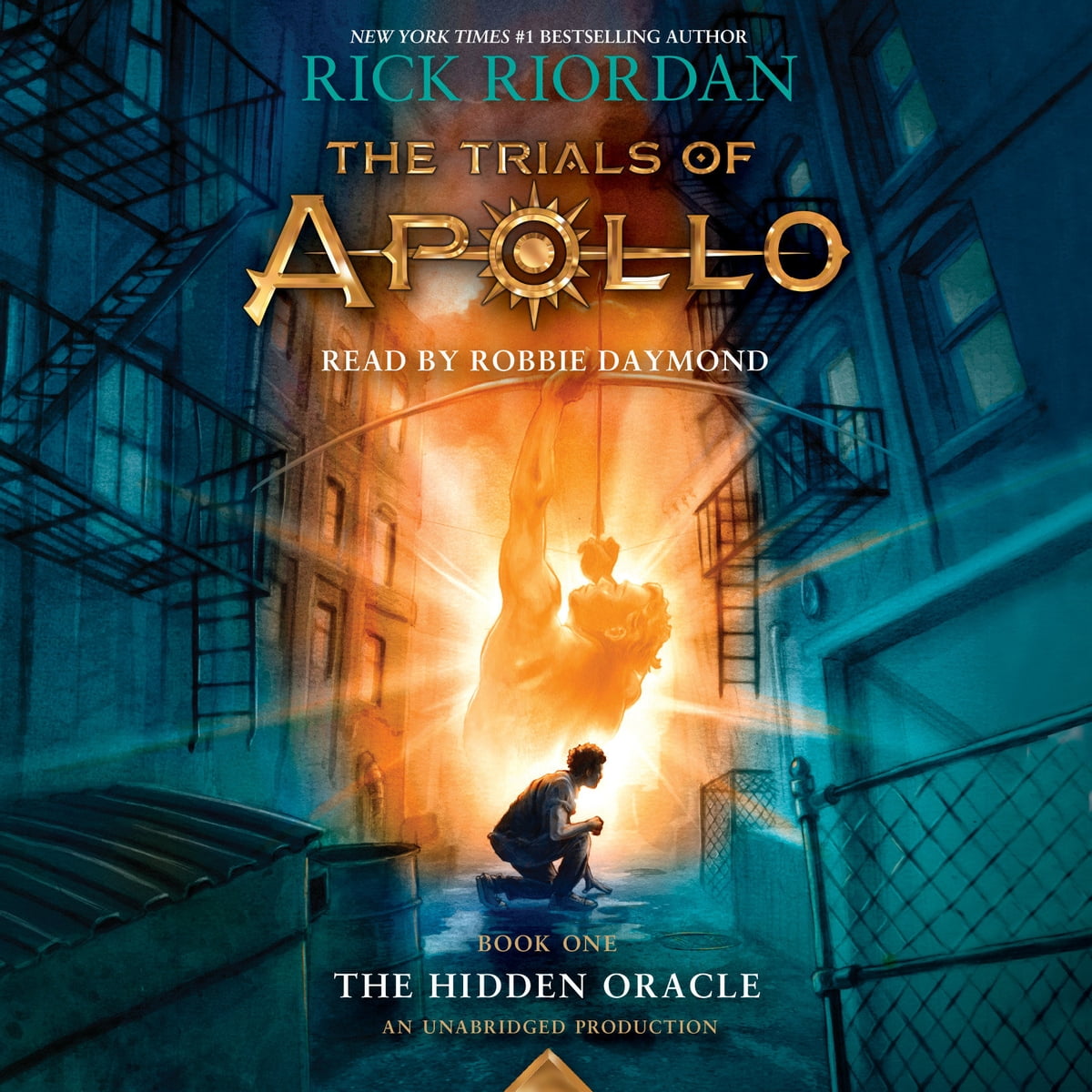In the ever-expanding universe of modern mythological fiction, Rick Riordan stands as a titan, weaving ancient tales with contemporary settings to create stories that captivate readers of all ages. Among his many works, “The Hidden Oracle” marks the beginning of a new saga, The Trials of Apollo, which not only continues the legacy of his previous series but also introduces fresh perspectives and challenges. This article aims to explore the depths of “The Hidden Oracle,” examining its narrative, themes, and its place within the broader Riordanverse.
The Narrative of “The Hidden Oracle”:
“The Hidden Oracle” opens with Apollo, the Greek god of music, healing, and the sun, finding himself in an unfamiliar and humbling position: he has been turned into a mortal teenager named Lester Papadopoulos. This transformation is the result of his fall from grace with the other Olympian gods, who blame him for the rise of the Triumvirate of new Roman emperors seeking to overthrow them. Apollo’s quest for redemption leads him to Camp Half-Blood, where he meets a demigod named Meg McCaffrey, who becomes his unlikely companion and guide in the mortal world.
Together, they embark on a mission to find the Oracle of Delphi, who has been taken by the forces of the Triumvirate. Along the way, they encounter a host of mythological creatures and demigods, each with their own stories and challenges. The journey is fraught with danger, but it also allows Apollo to experience the human condition, teaching him lessons in humility, friendship, and the value of hard work.
Themes and Symbolism:
“The Hidden Oracle” is rich with themes that resonate with both young and adult readers. The most prominent of these is the idea of redemption and the journey of self-improvement. Apollo’s descent from godhood to humanity serves as a metaphor for the trials and tribulations we all face in life. His struggle to regain his place among the gods by proving his worth through acts of heroism and selflessness is a powerful narrative that encourages readers to persevere through their own challenges.
Another key theme is the importance of community and the strength found in diversity. Camp Half-Blood is a melting pot of demigods, each with their own unique abilities and backgrounds. Their ability to come together and support one another in the face of adversity highlights the importance of unity and the power of collective action.
The Role of Humor and Modernity:
Rick Riordan’s signature humor is present throughout “The Hidden Oracle,” providing light-hearted moments that balance the darker themes. Apollo’s often comical attempts to navigate the modern world, from his confusion over smartphones to his disdain for fast food, add a layer of relatability and charm to the story. This blend of ancient mythology with contemporary culture is a hallmark of Riordan’s writing, making the myths accessible and relevant to modern audiences.
Conclusion:
“The Hidden Oracle” is more than just a thrilling adventure story; it is a profound exploration of growth, redemption, and the enduring power of mythology. By grounding ancient tales in the modern world, Rick Riordan invites readers to reflect on their own journeys and the lessons they can learn from the gods and heroes of old. As the first installment in The Trials of Apollo series, it sets the stage for further exploration of these themes, leaving readers eager for the next chapter in Apollo’s quest for redemption. In the hands of a master storyteller like Riordan, the hidden oracle of ancient wisdom is revealed to be a beacon of guidance for the modern age.
